A formal statistical study to determine if a measurement system is capable of providing reliable data by quantifying its accuracy, precision (repeatability and reproducibility), stability, and bias.
- Methodologies: Engineering, Quality
Measurement System Analysis (MSA)

Measurement System Analysis (MSA)
- Process Capability, Process Improvement, Quality Assurance, Quality Control, Quality Management, Six Sigma, Statistical Process Control (SPC)
Objective:
How it’s used:
- Utilizes tools such as Gage Repeatability and Reproducibility (Gage R&R) studies, linearity studies, and stability studies. Multiple appraisers measure the same parts multiple times to isolate and quantify the sources of variation within the measurement system.
Pros
- Provides confidence in data used for making critical decisions about product quality or process control; Identifies sources of measurement error so they can be addressed; A key component of quality management systems like IATF 16949.
Cons
- Requires careful planning and execution to ensure valid results; Can be resource-intensive, requiring trained personnel and dedicated time; Interpretation of results needs a good understanding of statistical concepts.
Categories:
- Lean Sigma, Manufacturing, Quality
Best for:
- Assessing the capability of measurement systems to provide trustworthy data for analysis, process control, and product acceptance.
Measurement System Analysis (MSA) serves as a foundational methodology emphasizing the verification of measurement tools and processes across various industries, including manufacturing, automotive, aerospace, and pharmaceuticals, where precision and accuracy are integral to quality assurance. MSA can be initiated during the design phase of a product lifecycle, allowing engineers and quality professionals to validate measurement tools before production begins. Various team members, including quality engineers, process engineers, and operations managers, collaborate in conducting Gage R&R studies, which evaluate both the repeatability and reproducibility of measurement systems by comparing results from multiple appraisers across duplicated measurements of the same parts. This methodological approach also encompasses linearity studies, which assess how measurement accuracy changes with respect to different values, and stability studies that monitor whether measurement precision is consistent over time when evaluating the same characteristic. By identifying and quantifying measurement errors, MSA not only instills trust in the data collected but also equips teams with the information needed to make informed decisions regarding process improvements and product finalization. Industries adhering to standards such as IATF 16949 benefit greatly as MSA aligns with quality management practices that seek to reduce variation and enhance customer satisfaction through reliable measurement processes. Regular implementation not only strengthens in-house capability but also establishes a framework for continuous improvement, ensuring that organizations can meet evolving regulatory requirements and market expectations.
Key steps of this methodology
- Define the measurement system and its purpose.
- Select the measurement instruments and define their specifications.
- Organize multiple appraisers to conduct measurements independently.
- Ensure that test conditions are standardized across all measurements.
- Perform the Gage R&R study to analyze repeatability and reproducibility.
- Conduct linearity studies to assess measurement accuracy across the entire range.
- Execute stability studies to evaluate measurement consistency over time.
- Analyze the collected data to determine sources of variation.
- Implement corrective actions to address identified measurement errors.
- Document findings and update measurement system protocols as necessary.
Pro Tips
- Conduct Gage R&R studies with diverse appraisers to capture both repeatability and reproducibility factors accurately, reducing bias from specific operator preferences.
- Implement a structured approach to linearity studies by evaluating multiple measurement ranges to ensure that the measurement system performs consistently across operational limits.
- Regularly perform stability studies over extended time frames, identifying trends or drift in measurement systems that could undermine data integrity.
To read and compare several methodologies, we recommend the
> Extensive Methodologies Repository <
together with the 400+ other methodologies.
Your comments on this methodology or additional info are welcome on the comment section below ↓ , so as any engineering-related ideas or links.
Historical Context
1950
1950
1959-11
1960
1960
1960
1961
1950
1950
1950
1960
1960
1960
1960
1963
(if date is unknown or not relevant, e.g. "fluid mechanics", a rounded estimation of its notable emergence is provided)
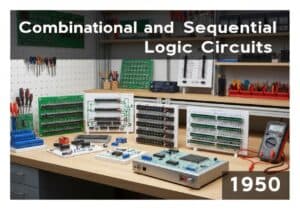
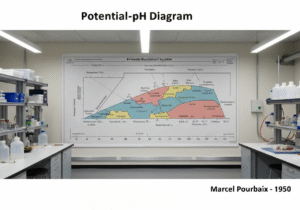

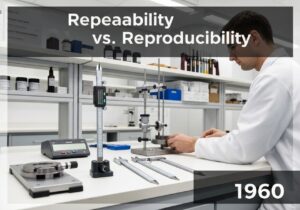
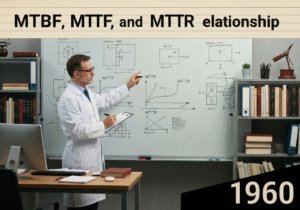
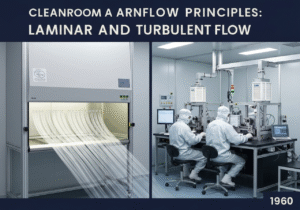

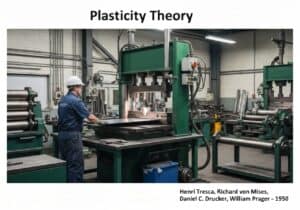

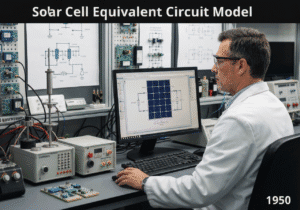

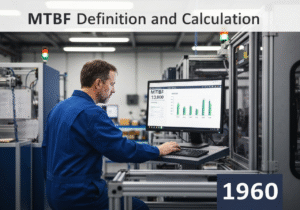

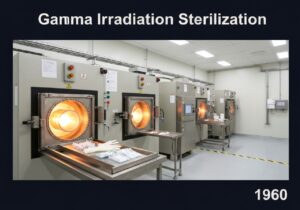
Related Posts
Monte Carlo Simulation
Model-Based Testing
Model Checking
Mixed Methods Research
Mistake Proofing (Poka-Yoke)
Mission Profile Testing